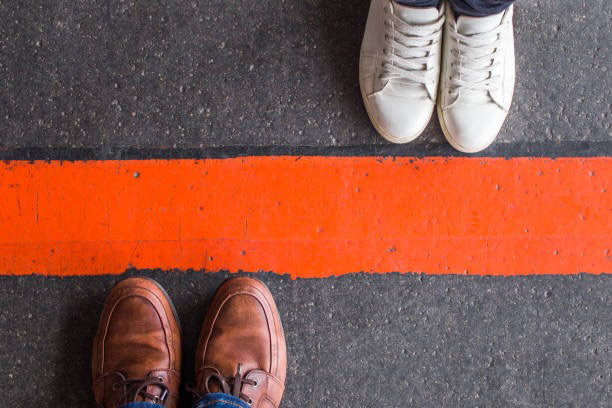I wrote a response recently to an opinion piece that I read in the New York Times. It was published and I have received more calls and attention than I anticipated, so I thought I would expand a little as my response was edited as is often the case with the reader’s responses published. I approved of these edits as it felt important to state a different opinion.
I was bothered by the article, which prompted my response. Many programs speak of detachment with love from an addict. To my mind the author took the view that, by saying no to an addict, we run the risk of having them die of addiction. Truth is, being addicts, they run the risk of dying of addiction. Our saying no, or yes for that matter, may not increase or decrease their risk of death. I will also point out that we humans take risks every day. We get into a car, we risk dying. The article to me presented detachment as a tool which caused death. I believe that addiction and recovery are not that simple.
Having worked with many parents, I can say with certainty that every story is unique. I can also say that there is no sure-fire way to get someone clean. If there was, we would long ago have ended addiction crises. Yes, crises, plural. The current opioid crisis is just the latest in a long string. With addiction, there is no looking back and knowing what could have/ would have made a difference. If there was, most certainly we would have solved this problem. It is not so simple.
Parents, in particular, have a difficult time when a child suffers from addiction, because of the history and hope we have held for so long. Families have patterns of behavior that can be hard to break, and we parents often struggle with feelings of guilt, thinking of the things that we might have done to contribute to the problem. These feelings do not help, and they often make it hard for us to say no to the addict, thinking that we are responsible somehow.
Balancing our own needs against our children’s is difficult- even when it isn’t a seemingly endless cycle of addiction! What each individual needs to do is as individual as the players involved. There are no easy answers to all the questions that come up. As parents it is best to make clear decisions about what we want to do for ourselves, and for our children. As above, we cannot cure addiction. If we could, we would.
Throughout our children’s lives most parents strive to give our children enough support to keep moving forward, and not so much that they never want to leave. This is a tricky balance. We have all made mistakes giving them too much room or not enough, too much support or not enough. The addict needs support and also to take responsibility for their own recovery. Again, how much of each is unique to each individual.
Finding this balance is a shifting and delicate dance. We cannot strive to do it perfectly, because it is shifting. I would suggest instead, we do it with love.
Remembering how much we love them, we also are best served to consider what kind of relationship we want with them long term. Usually this means shifting much of the responsibility for how they show up in the world back onto them when they are adults. Loving them as adults means leaving our previous role-the explaining to them and for them, the reminding them constantly, and the waiting for them while they take their time- in the past.
This may sound simple, but it is difficult. To detach with love means letting them lead their life without your help. If they ask you can consider their request absolutely. If they do not ask, then you do not tell.
This is much like when you let go of the bike the first time and watched them wobble off or fall. This is the price of freedom, to let them ride away into their own life. To let them fall and get up on their own, without your running to upright them and hold on again. You trusted them to learn to ride that bike. Most fall a few times. Some of them took longer than others.
If we don’t let go, they can’t learn on their own.





